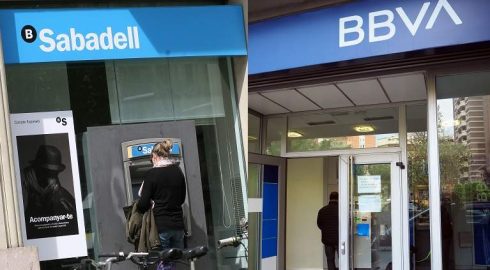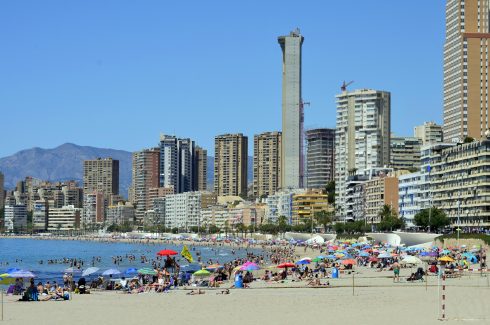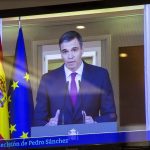WELCOME to the Spanish economic enigma: where over 70% of Spaniards think the economy is struggling, while the same number considers their personal financial situation to be healthy.
This paradox cuts across all age groups, suggesting a deep-seated psychological doublethink in economic perceptions among Spaniards.
Twitter user Victoriano Izquierdo toyed with the idea of lightly pointing the finger at the media for the finding, which is based on the latest CIS survey.
The data scientist and co-founder of Graphext wondered if a tendency to emphasise negative macroeconomic news has created the perception that things are worse than they are.
While inundated with bad national news, individuals tend to hold a very different and most positive perception of their own circumstances.
The surprising finding comes as Spain has registered the strongest economic outlook of Europe’s big economies.
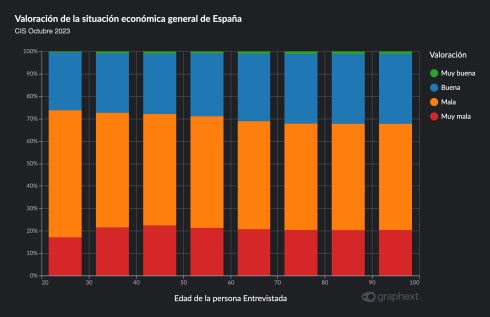
As the Olive Press reported previously, the European Commission expects Spain to be the fastest growing economy among the EU’s ‘big four’ (Spain, Germany, France, Italy) until 2025.
The Spanish economy is expected to grow at a rate of 2.4% in 2023, slow to 1.7% in 2024, and then rebound to 2% growth in 2025.
Meanwhile, inflation was reported to be at 3.5% in October 2023 – a significant decline from its peak of 10.8% in July 2022.
The decline in food prices, especially, has been notable, with food inflation falling below 10% for the first time since March 2022.
And on top of that positive news, unemployment in Spain is at its lowest level since 2008.
So why is all this good news not getting through?
As well as negative media coverage, political leanings further accentuate the divide.
“The variable that best predicts who falls more into the paradox is whether or not you voted for the current government,” Izquerido wrote.
PSOE supporters, despite acknowledging tricky situations financially, tend to view the national economy under a more favourable light.
Conversely, PP voters, who tend to enjoy personal financial stability express scepticism about Spain’s broader economic health.
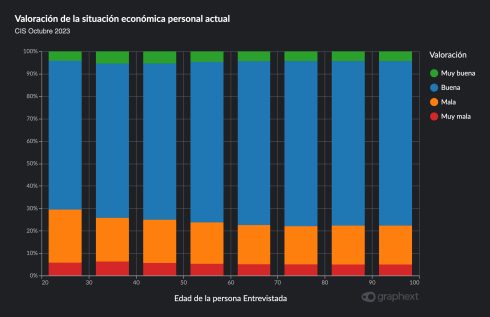
This disparity becomes more pronounced in higher income brackets.
Households with a net income exceeding €2,000 per month typically see their financial situation positively but are critical of Spain’s economic direction.
Demographically, younger individuals and women, particularly among PSOE voters, show resilience to economic fluctuations in their voting behaviour.
On the flip side, older, affluent male PP voters from regions like Galicia and Andalusia, while recognizing the national economy’s strengths, express concern over personal financial matters.
This phenomenon not only highlights the complex interplay between individual financial health and perceptions of the national economy.
But it also underscores the influence of media and political affiliation on economic attitudes and bias in Spain.
As such, it offers a unique window into the diverse and sometimes contradictory economic sentiments prevalent among Spain’s population, including its expatriate and foreign communities.
READ MORE:
- Number of new mortgages plummet in Spain: Bank loans fell by 30% year-on-year in September
- EXCLUSIVE: Nolotil campaigners are suing the Spanish government for ‘failing to properly regulate painkiller’ suspected of causing 40 deaths among Brits and northern Europeans
- Spain’s Prime Minister Pedro Sanchez promises ‘certainty and predictability’ to multinationals and new foreign investors



